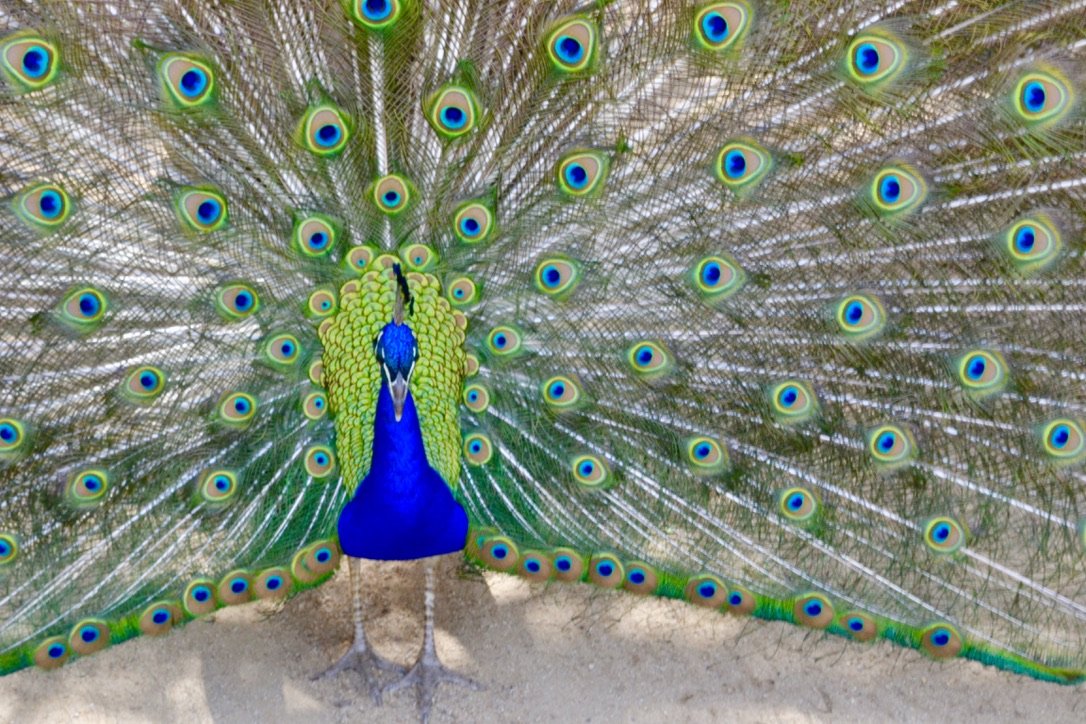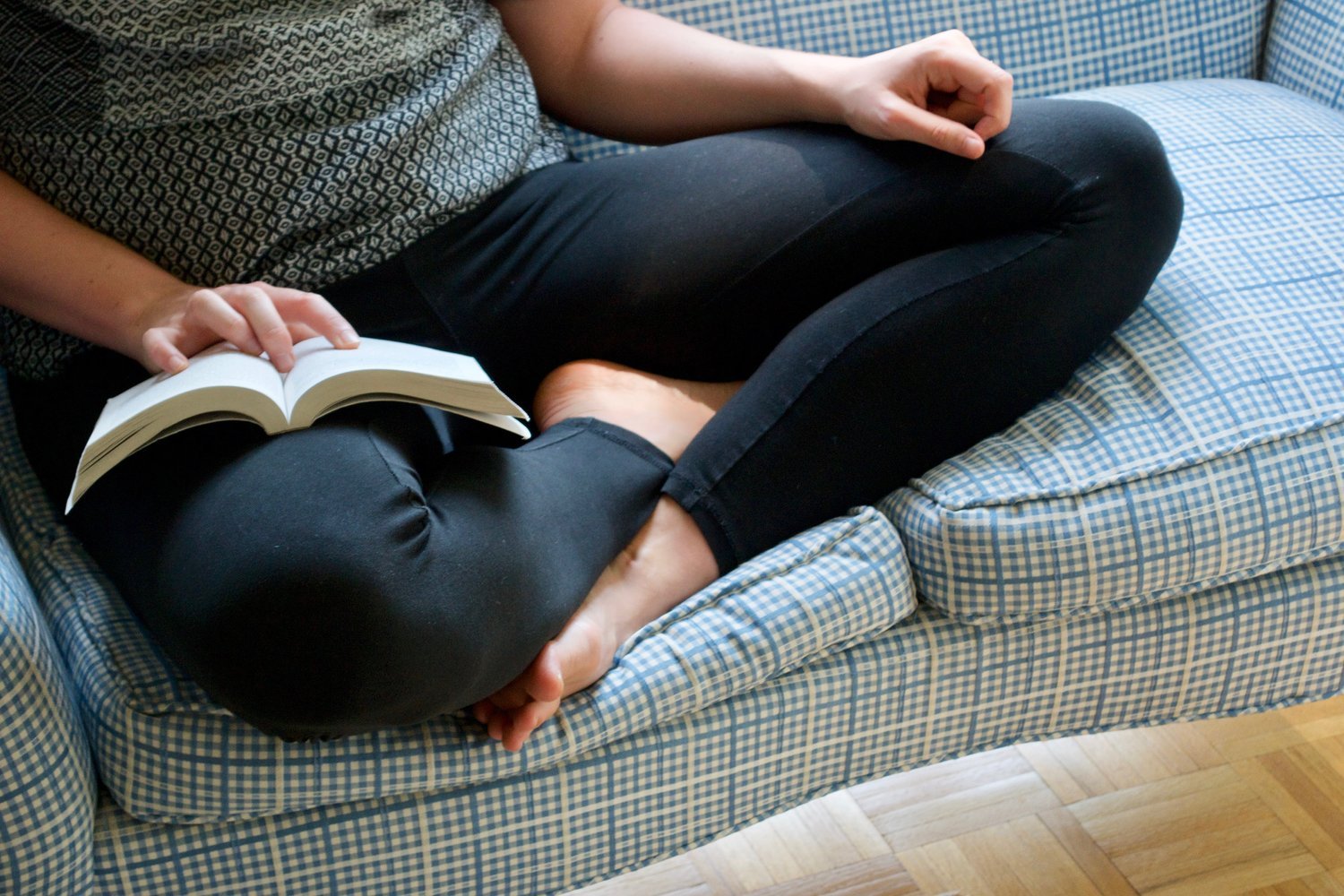Blog
A common misconception about authenticity
Recently, I’ve come to realize that there’s a very common misconception about authenticity, when it comes to social interactions.
When a lot of people think about being more “authentic,” they assume they’d have to share their deepest, darkest shame – or break into tears while chatting with another regular at their neighborhood sushi place.
I’m a big believer in authenticity. I think it’s a requirement if you want to have a life that’s meaningful, satisfying, and not exhausting (more on that in episode 2 of my podcast , or this ). Authenticity is that umami flavor that enriches every single social interaction or relationship.
And: I think that this perspective on what authenticity is… is completely wrong.
...
Sure, sometimes authenticity does mean sharing your deepest, darkest shame, or letting those huge feelings + tears tumble out with a trusted person. Sometimes that feels profoundly right.
But authenticity can also be talking about something mundane — the weather, your (uneventful) weekend in a way that feels present + honest.
To me, the authenticity is in the words, and in your connection to yourself.
Authentic words mean that you choose to share something just slightly more true + deep + maybe more complex than you otherwise would have. 20% more is about right – again, it doesn’t have to be your deepest shame.
Authentic connection to yourself will show up in in your delivery; were you *actually in touch with yourself* when you shared it?
We can share something brutally honest, but be dissociated, and it will feel disconnected to the other person. We can share something just slightly nuanced, but be connected with ourselves, and it will feel profoundly intimate to the other person.
I think we can all feel when we’re with someone who is engaging authentically — even if they’re just telling us about seeing their uncle for Thanksgiving, there is a depth and a freshness to it. We feel connected to them.
…
I think that everyone benefits when we choose to be more authentic in our interactions. Your benefit: it feels good to be true to yourself — there is a pressure that gets released. It is less tiring, and it can lead to a deeper feeling of connection, even to the barista at Starbucks.
And the other person benefits, too. Have you ever had a connection, even in a brief, casual way, with someone who was really present? Didn’t it feel great?
Could you try to have 1 interaction this week (or weekend), that’s just 25% more authentic?
...
Take care + stay cozy everyone. As always, I'm rooting for you.
Katie
p.s. I talk to most of my clients about authenticity — because authenticity and energy are the foundation on which everything else (major action, deeper relationships, career advancement) is built.
If you'd like to work with me 1:1, learn more here.
Sign up for my newsletter to get helpful + encouraging essays like this every Sunday morning. It’s free!
3 ideas on how to help you know what your most authentic self wants
Some time ago, I argued that if you truly know yourself, then it can be no big deal if people don’t agree with your decisions.
Reflecting on it, I realize that I wrote about “knowing yourself” as if it was the most straightforward thing in the world.
So, an important addendum:
“Knowing yourself” is not the most straightforward thing in the world.
In fact, it can be freaking hard.
For most people, it’s not that don’t know yourself at all. You probably do know that you love onion rings and reality TV, for example.
But if you struggle to make decisions, or to chart a path through life…you probably don’t know yourself as deeply as you might.
Here’s three tips that I’ve found helpful — for myself, and for my clients — in figuring out “how to know” yourself or what you want:
1. “Knowing” is more often done in the body, than the head.
Our smart brains can create a compelling argument for every side of the issue. That’s why pro-con lists can sometimes make us feel like we’re spinning out more, not less. By contrast: when we check in with our body sensations on a topic, we’re more likely to get a clearer, less variable answer. (More on that here.)
2. It’s often easier to feel our “no” than our “yes.”
For many people, it is easier to feel a “no” in your body than a “yes” in your body. My “no” is pretty consistent, and feels like a closed down and tight feeling in my heart + belly. (Wondering what your “no” feels like? Think of something as a clear “no” — an activity, a person, a job — and notice what sensations arise in your body.)
For most people, the experience of “yes” is more variable, and often more subtle, than a “no.” For me, sometimes a “yes” is just a mild feeling of spaciousness or openness. Sometimes it’s an almost imperceptible fluttering. If this idea of “checking in with your body” feels new to you, I suggest starting with finding a “no” feeling.
3. If your nervous system is highly agitated, it may be very hard to “know” anything.
Things that can agitate our nervous system include: being constantly busy, being exhausted, being chronically stimulated (this is why it can be hard to know what we want when we spend all of our free time on our phones).
If our nervous systems are agitated, it’s like an enormous amount of static, gumming up the phone line between you + yourself.
Some of us deal with this static by leaving our bodies — spending most of our lives as a floating head. In my experience as a coach, this is very common, especially with smart people. Whenever we do slow down or have quiet, we may feel extremely uncomfortable or agitated (it’s all of that static!) If this describes you, the first step is to calm your nervous system. Here’s one of my favorite daily practices to help with that.
…
For what it’s worth, when I say that it can be hard to know yourself, I speak from personal experience.
I spent years making pro-con lists about major life decisions, or doing what seemed like a “good idea” (which was usually shorthand for what seemed most impressive), because I didn’t actually know what I wanted. I was alternatively skeptical of people who seemed to know themselves + what they wanted on a core level…and deeply jealous.
And now, I’m one of them.
Which is to say: “knowing yourself” — knowing what you want in your bones and in your gut — it’s real.
And — maybe even more importantly — it’s achievable.
…
As always, I’m rooting for you in the week ahead. You’ve got this.
Katie
p.s. Knowing yourself is a skill — like tying your shoes. Some people get it more intuitively, and for others, it takes a bit of practice + maybe a bit of support.
Life coaching can be very, very helpful with this. I have one opening for a new client to start in May; if you'd like to snag that spot to work with me, you can learn more + reach out here.
Sign up for my newsletter to get helpful + encouraging essays like this every Sunday morning. It’s free!


